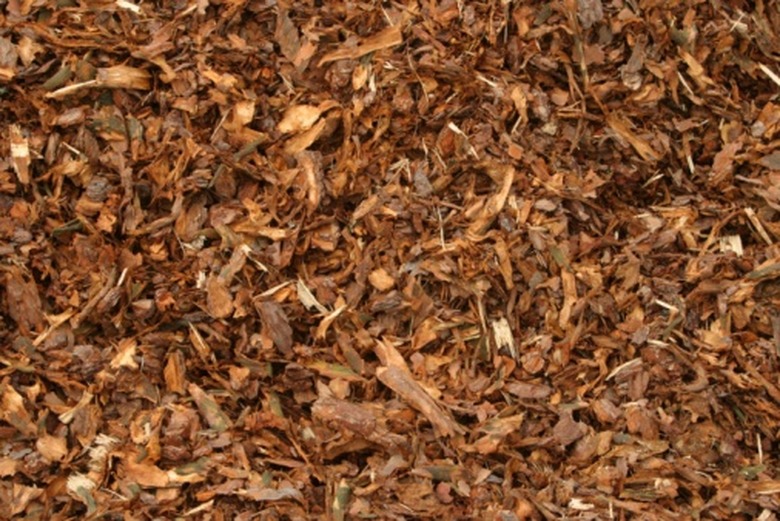Why Does Mulch Smell?
The smell of mulch is an important indication of its toxicity, helping you determine whether it is safe to be applied to your plants. The foul smell of sour mulch is caused by toxin buildup, but an inoffensive wood smell is normal.
How Mulch Should Smell
How Mulch Should Smell
Good mulch may have an odor, but it is usually neither particularly strong nor unpleasant. Mulch that is beneficial for plants is usually marked by the trademark smell of freshly cut wood or fresh compost. Sniffing mulch is a way to determine its quality — if it smells fine, it's beneficial to put on your plants, but if it stinks, it's probably toxic.
The Smell of Sour Mulch
The Smell of Sour Mulch
Sour or toxic mulch smells horrible, usually with an aroma of vinegar, ammonia, silage or rotten eggs. This is caused by a lack of oxygen in manufacture or storage, leading to the buildup of hydrogen sulfide, methanol or acetic acid during decomposition. Sour mulch is often very acidic, with pH levels dipping anywhere from 5.6 all the way down to 1.8. The toxins in the mulch, together with the low pH, can be harmful to plants.
Effects of Toxic Mulch
Effects of Toxic Mulch
Plants that have been given sour mulch will often display yellow or scorched-looking leaves, will lose foliage and sometimes die. Once symptoms appear, however, there is often little that can be done — the toxins have already left the mulch and entered the plant. Heavy watering can sometimes help, diluting the harmful chemicals and resuscitating the plant. Even so, if not detected before application, sour mulch will often do irreparable damage.
Addressing the Problem
Addressing the Problem
Toxic mulch doesn't have to be thrown away. Since the problem is caused by a lack of oxygen, the process can be reversed by aeration. Spread out the sour mulch on a tarp, stirring it to ensure that air can reach the entire batch. Let it sit out for a day or two, and the toxins will dissipate. The foul odor of sour mulch will often go away after 24 hours, demonstrating the simplicity of the solution to a potentially deadly situation.
